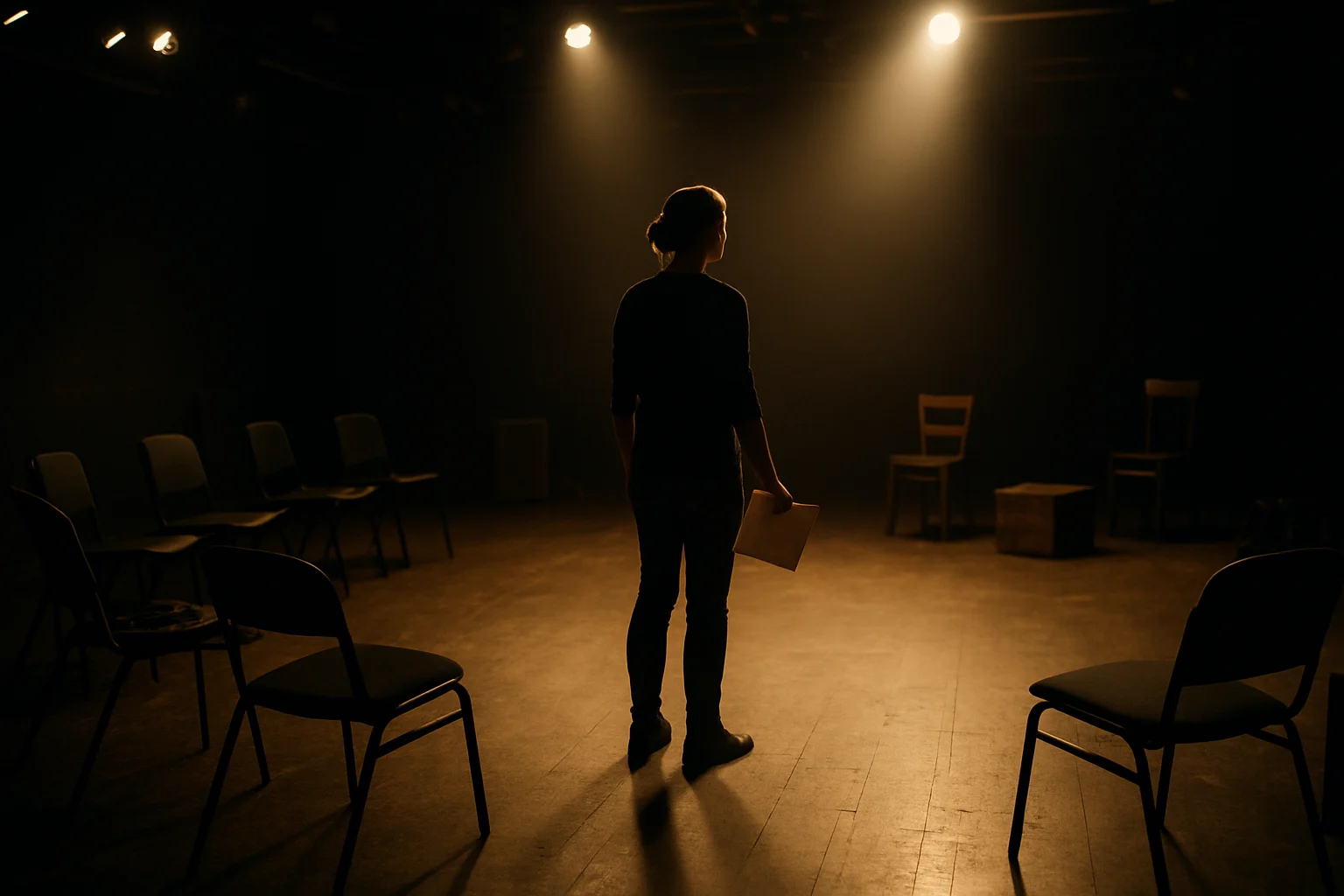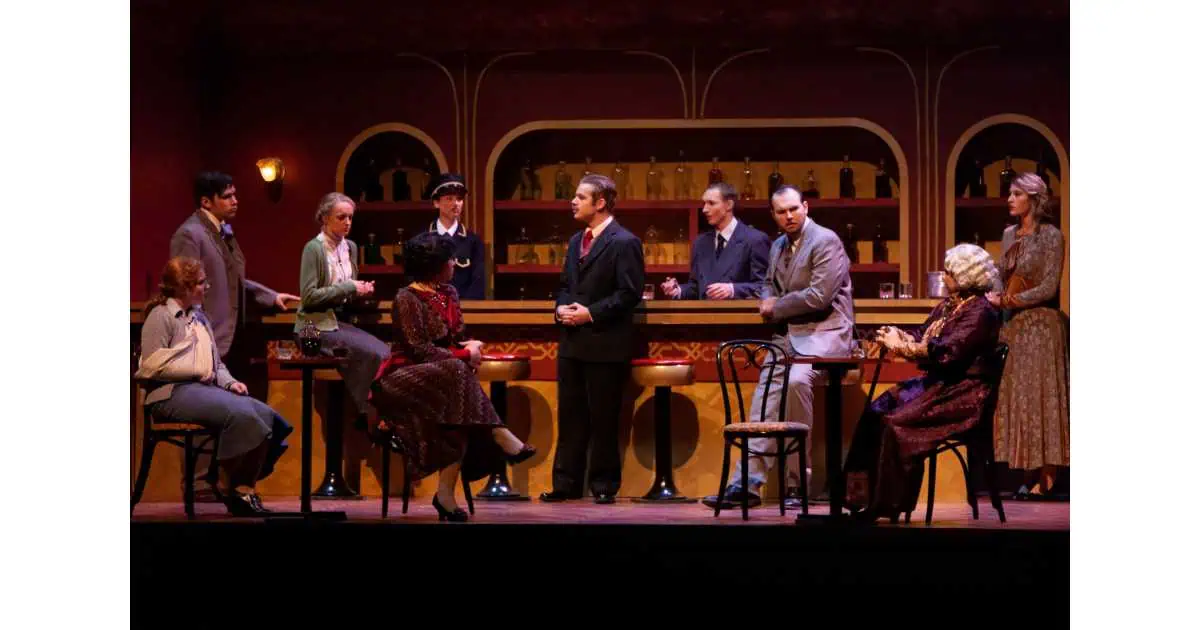
Calling a show is more than cueing lights and sound; it’s one of the most nuanced forms of leadership in live entertainment. You’re leading from the shadows, communicating with clarity, making real-time decisions, and setting the emotional tone for everyone wearing a headset.
It’s where theory meets pressure. And if you pay attention, it’ll teach you a lot more than timing. Here are five leadership lessons I’ve learned (and relearned) from the hot seat of the calling desk.
If you’re new to stage management or want a full foundation of what the role covers beyond calling cues, check out Stage Management 101: The Complete Beginner’s Guide.
1. Clarity is Kindness
In the booth, ambiguity causes mistakes. A cue called late, too early, or with unclear language ripples across the team. Precision matters — not because you’re controlling, but because you care.
- Say exactly what needs to happen: “Standby LX 14… GO.”
- Use consistent language and cadence — it builds trust over time.
- Avoid sarcasm or filler words over headset, especially when people are under pressure.
The takeaway: Great leaders communicate clearly before it’s critical.
2. Trust is Built in the Transitions
The real magic doesn’t happen during the cue — it happens in the space before and after. That’s where operators breathe. That’s where timing lives. That’s where your team learns to trust you.
- A calm tone during standby reassures your crew.
- Owning a mistake without blame builds loyalty.
- Predictability (in both tempo and temperament) helps people perform under stress.
Leadership isn’t about the moment of execution, it’s about how you prepare others to execute well.
3. You’re Responsible for the Energy in the Room
Your voice is the heartbeat of the show. If you’re flustered, short, or sarcastic, it spreads. If you’re focused, warm, and steady — even when things go wrong — people follow suit.
- Use your voice to set the emotional pace
- Narrate calmly when you’re adjusting live
- Praise quiet excellence over comms — it goes a long way
People won’t always remember what you said, but they’ll remember how you made them feel on headset.
4. Adaptability is a Superpower
Things go wrong. Mics don’t fire. Cues get skipped. Actors ad lib. That’s not a failure…that’s live performance.
- Make the next best call with what you know now
- Stay rooted in the moment, not in the mistake
- Have a “Plan B” mindset without panic
Good stage managers prepare. Great ones respond. Leadership is about flexing without breaking.
5. Precision is Emotional Safety
When your calls are crisp and consistent, your crew feels safe. They know what’s coming. They know you’re watching. That stability lets them do their best work without second-guessing.
- Your consistency allows others to take creative risks
- Your reliability creates a zone where others can relax
- Your preparation makes space for their presence
Safety doesn’t just mean physical. Psychological safety matters, too — and calling a show is one of the clearest ways to provide it.
Final Thought
You don’t need a title to lead. You just need intention, presence, and clarity under pressure. Every show you call is a chance to practice the kind of leadership that makes people feel steady, seen, and safe.
📌 Want more leadership tools for backstage professionals? Subscribe to Half-Hour for thoughtful strategies, templates, and real-world insight.



